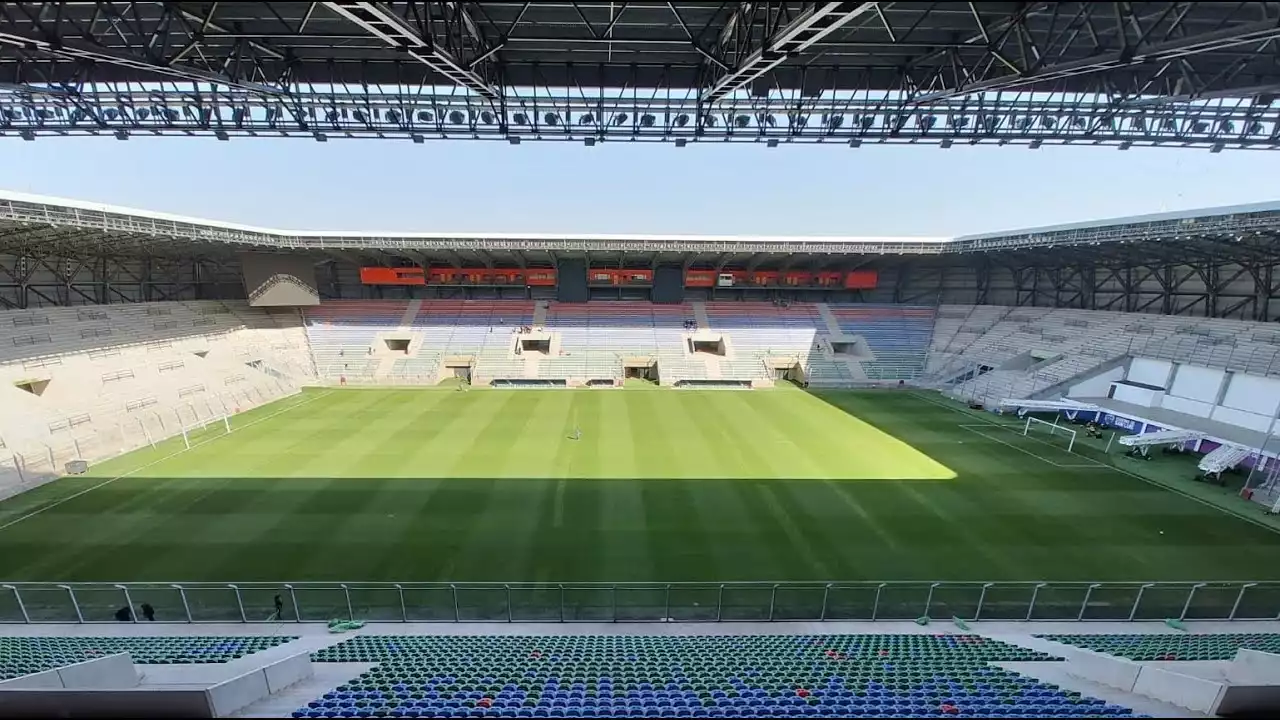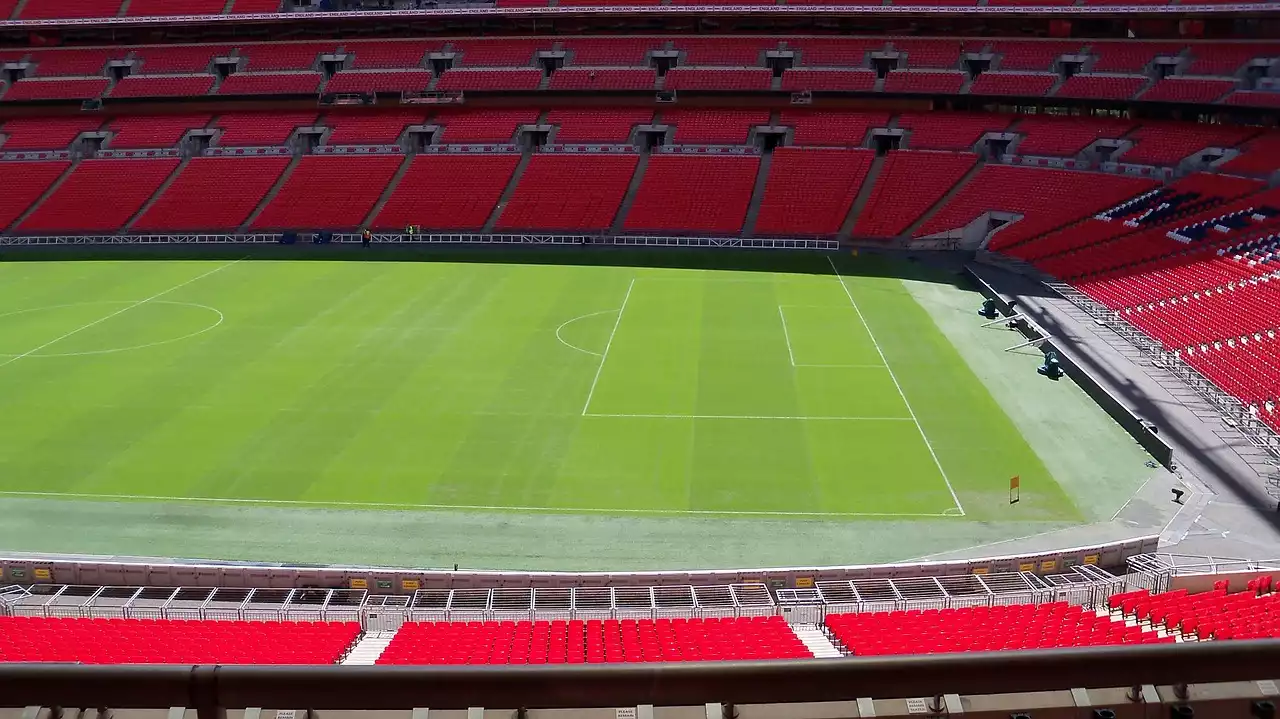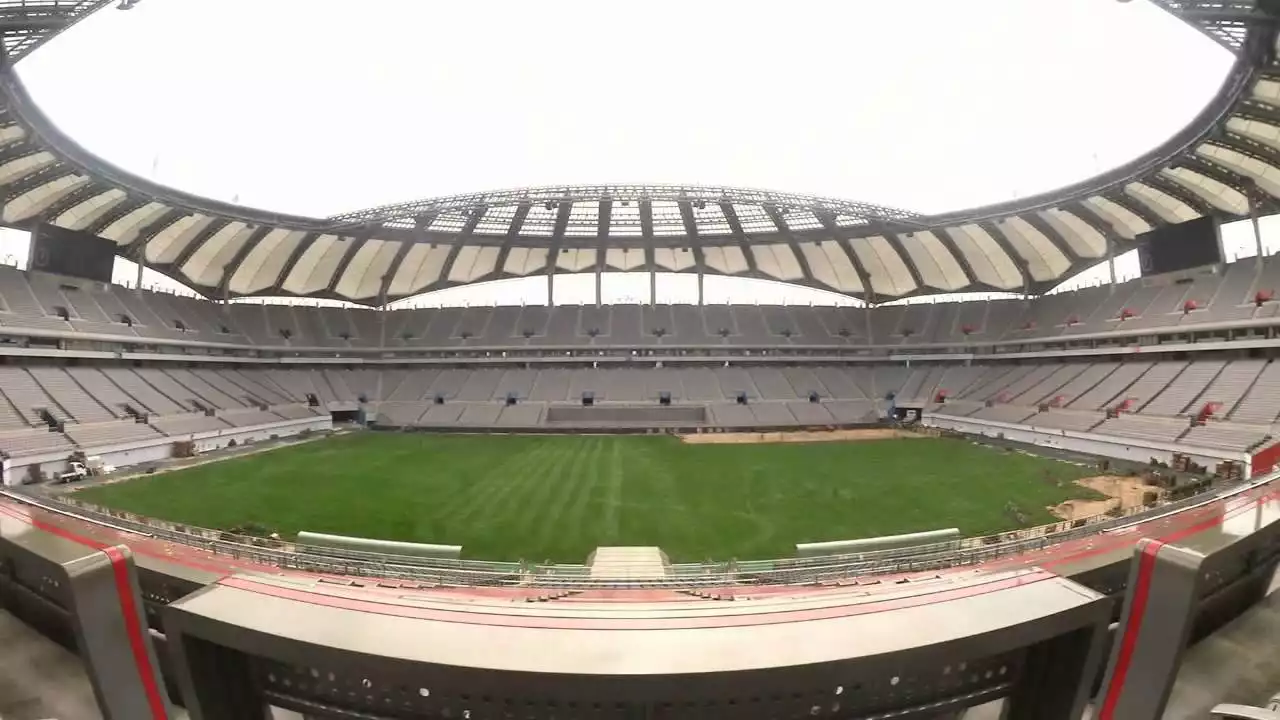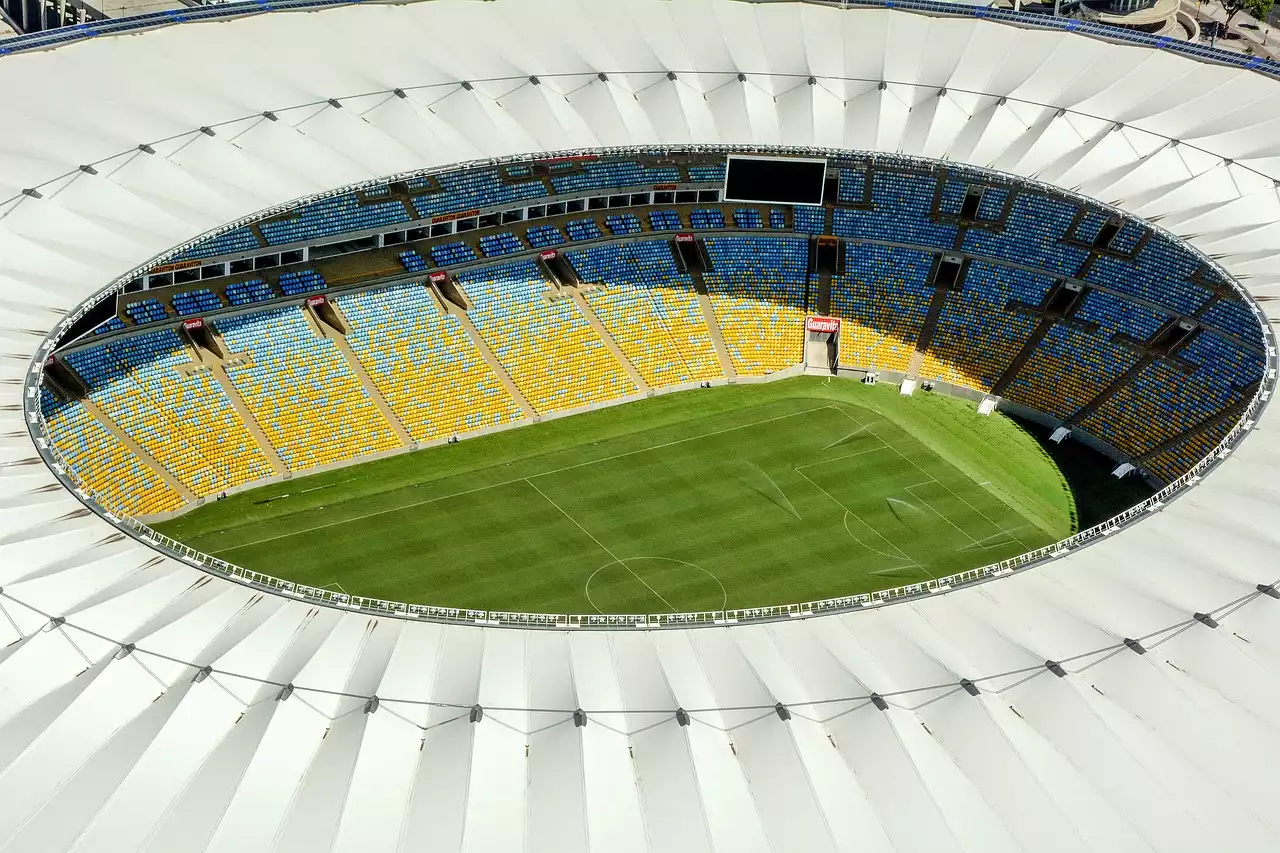Estadio Monumental Antonio Vespucio Liberti - River Plate Stadium
One of the most famous stadiums in Buenos Aires is the Estadio Monumental, also known as the River Plate Stadium. Located in the Belgrano neighborhood, this iconic venue is the home of Club Atlético River Plate, one of Argentina's most successful football clubs. The stadium has a seating capacity of over 70,000 and is known for its electrifying atmosphere during matches.
The Estadio Monumental has a rich history and has hosted numerous important matches over the years. It was the venue for the final of the 1978 FIFA World Cup, where Argentina lifted the trophy on home soil. The stadium has also hosted Copa Libertadores finals and other high-profile matches, cementing its status as one of South America's premier football arenas.
Alberto J. Armando Stadium - La Bombonera
Another iconic stadium in Buenos Aires is the Alberto J. Armando Stadium, popularly known as La Bombonera. It is the home stadium of Boca Juniors, one of the most successful and popular football clubs in Argentina. La Bombonera is located in the neighborhood of La Boca and is known for its unique shape and passionate fans.
La Bombonera is renowned for its intimidating atmosphere, with fans creating a wall of noise that reverberates throughout the stadium. The stands are built close to the pitch, giving spectators an up-close and personal view of the action. The stadium's steep stands and vibrant colors create a visually stunning spectacle that adds to the overall experience of watching a match at La Bombonera.
City of La Plata Stadium - Estadio Único
The City of La Plata Stadium, also known as Estadio Único, is located in the city of La Plata, just outside Buenos Aires. It is a multipurpose stadium that serves as the home ground for both Estudiantes and Gimnasia La Plata, two of the city's most prominent football clubs. Estadio Único has a seating capacity of over 50,000 and is known for its modern facilities and excellent acoustics.
The stadium was inaugurated in 2003 and has since hosted numerous football matches, including Copa Libertadores fixtures and international friendlies. It is also used for concerts and other cultural events, making it a versatile venue that caters to a wide range of audiences. Estadio Único is a testament to the growth and development of football in the greater Buenos Aires region.
President Juan Domingo Perón Stadium - Libertadores de América Stadium
The President Juan Domingo Perón Stadium, better known as the Libertadores de América Stadium, is located in Avellaneda, a city in the Buenos Aires metropolitan area. It is the home stadium of Club Atlético Independiente, one of Argentina's most successful football clubs. The stadium has a seating capacity of around 50,000 and has a rich history that spans several decades.
The Libertadores de América Stadium has been the site of many memorable matches, including Copa Libertadores finals and domestic league fixtures. It has also hosted international matches featuring the Argentine national team. The stadium's unique architectural design and passionate fans make it a must-visit for any football enthusiast.
Other notable stadiums in Buenos Aires
While the Estadio Monumental, La Bombonera, Estadio Único, and the Libertadores de América Stadium are the most famous stadiums in Buenos Aires, the city is home to several other notable venues. These stadiums may not have the same level of recognition, but they play an important role in the local football scene.
One such stadium is the Estadio Tomás Adolfo Ducó, also known as the Parque Patricios Stadium. It is the home ground of Club Atlético Huracán, a club with a passionate fan base and a rich history. The stadium is located in the Parque Patricios neighborhood and has a seating capacity of around 48,000.
Another notable stadium is the Estadio José Amalfitani, home to Club Atlético Vélez Sársfield. Located in the Liniers neighborhood, the stadium has a seating capacity of around 50,000 and has hosted numerous important matches over the years.
These stadiums, along with many others scattered throughout Buenos Aires, contribute to the vibrant football culture of the city. Each venue has its own unique atmosphere and history, making Buenos Aires a football lover's paradise.
Upcoming FIFA U-20 World Cup events
As the FIFA U-20 World Cup approaches, the excitement and anticipation in Argentina are palpable. The tournament promises to showcase the future stars of football and provide a platform for young players to make a name for themselves on the international stage. Argentina's rich footballing heritage and passionate fans make it the perfect host for such an event.
The Buenos Aires stadiums, including the iconic Estadio Monumental and La Bombonera, will add to the excitement of the matches. These venues have a storied history and have witnessed countless memorable moments over the years. From the deafening roar of the fans to the electric atmosphere, watching a game at one of these stadiums is an experience like no other.










